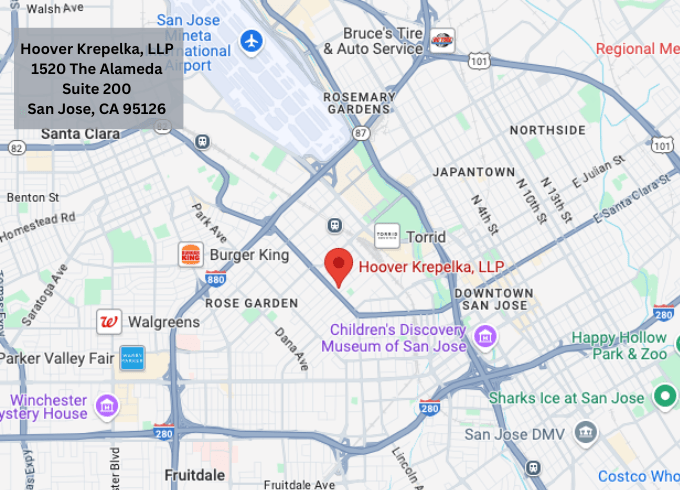If your spouse has abused you or one of your children, you might expect to receive sole child custody during your divorce, but this does not always happen. There are special rules to help determine child custody in situations that involve a history of domestic violence, and it can be beneficial to fully understand those rules, so you can better advocate for the best custody option for your children.
A special law protects children
In many instances, a special law limits the type of custody that can be awarded to the parent with a history of domestic violence. This law is based on the idea that an abusive parent with sole or joint child custody would not be in the best interests of the children.
However, for this rule to apply, your situation must meet the following criteria:
- Your spouse was convicted of domestic violence in a criminal court, or a judge of any court has decided that domestic violence occurred
- The domestic violence was committed in the last five years
- The violence was directed at you, your children, your children’s siblings, your spouse’s parent, or someone else your spouse is dating or living with
If those criteria are met, the law typically prevents a judge from awarding sole or joint custody to your spouse. Your spouse could still be awarded visitation rights, but your attorney may be able to help you restrict the visits to supervised visits only. You may also be able to implement a parenting plan that includes safe drop off and pick up locations or possibly even a schedule that does not involve you seeing your spouse at all.
Some scenarios are exceptions to the rule
However, a history of domestic violence does not inherently prevent your spouse from being awarded custody. If your spouse has taken certain actions since the domestic violence, a judge may be able to overlook the abuse and award joint or sole custody to him or her.
The judge must consider seven factors before awarding child custody to someone who has committed domestic abuse. The judge must consider:
- What is in the children’s best interest?
- Has the parent committed any more domestic violence?
- Were all the terms and conditions of any restraining order followed?
- Has the parent completed a year-long batterer intervention program?
- Has the parent finished any alcohol or drug program required by the court?
- Has the parent completed any parenting class required by the court?
- Has the parent followed all terms of any applicable probation or parole?
It is important that the best custody option for your children is established. For many families that may mean the children should be able to maintain a relationship with both parents. However, in situations involving domestic violence, the children’s safety is an important concern. Although the court will consider the best interests of your child, ideas of what that might mean could differ from person to person. By understanding how custody laws may apply to your situation, you may be able to better advocate for the safest custody option for your children.






